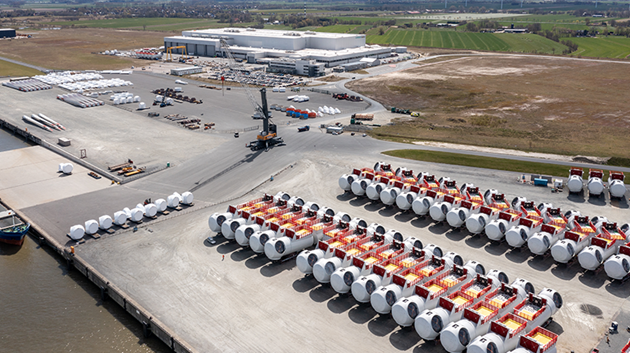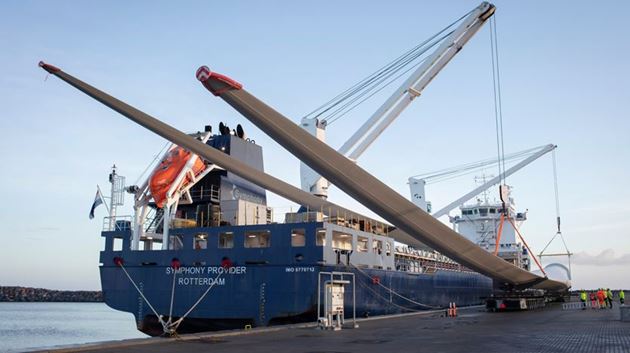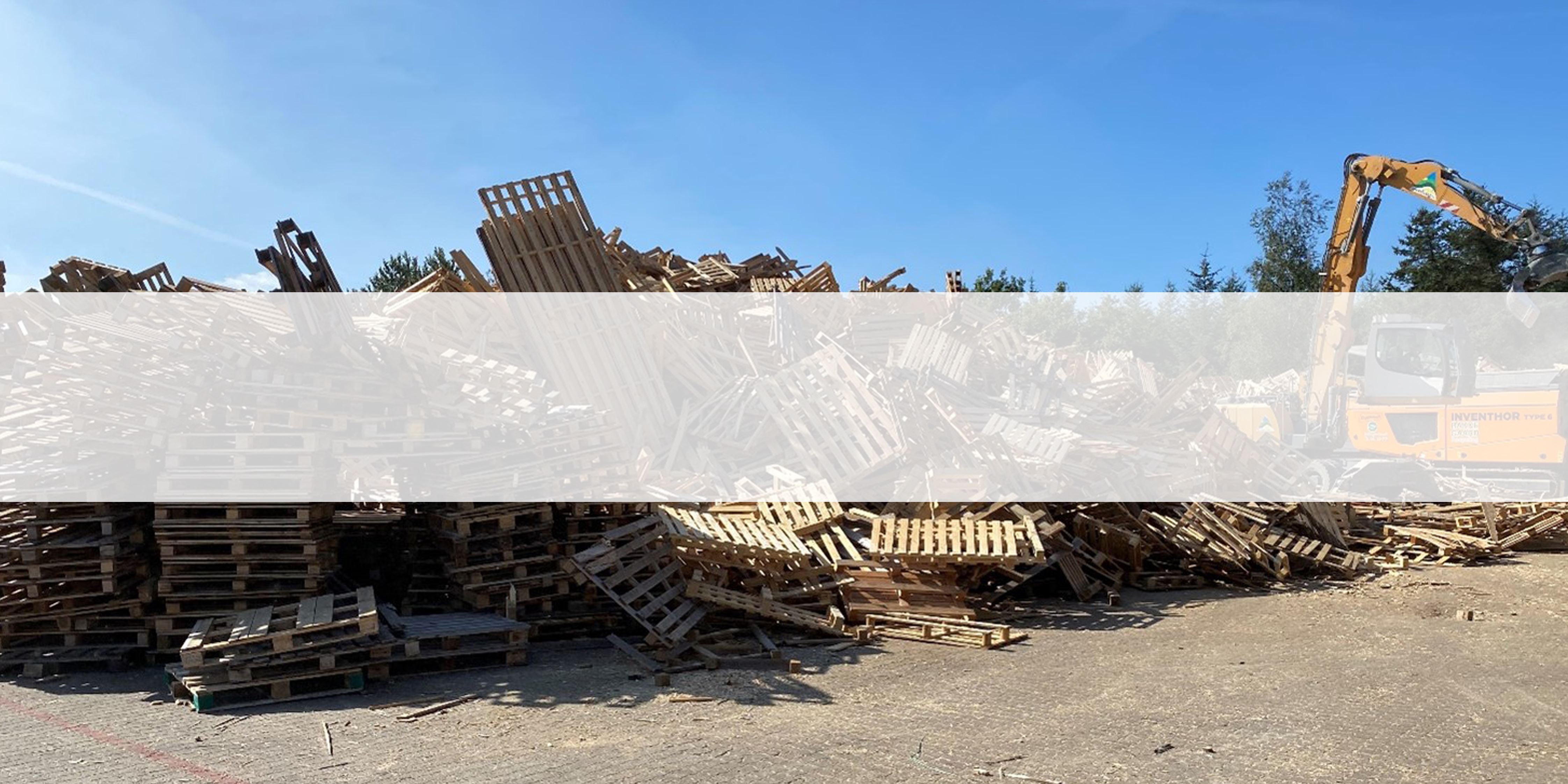
Wood packaging fuels a village and boosts a sustainable supply chain
Madrid / 14 February 2022
In 2015, one of Siemens Gamesa’s long-standing partners based in Engesvang, Denmark set up a heating facility that runs on end of lifecycle wood packaging. As one of the core supplier of wood pallets to Siemens Gamesa, the company, STEA, drives sustainability in all its operations. STEA is aiming to reuse and recycle wooden pallets to extent their lifetime to a maximum. When the pallets can no longer be recycled and reused by Siemens Gamesa, STEA converts the scrap wood to biofuel that provides heating to nearly 800 households in the neighboring village. Now, that's what we call a sustainable and innovative partnership.
On the supplier front, STEA is an ideal partner in SGRE's quest for an environmentally conscious associate. This company based in Engesvang, Denmark has been helping Siemens Gamesa to reduce its carbon footprint and is a blueprint for how Siemens Gamesa is building strong partnerships with local small businesses.
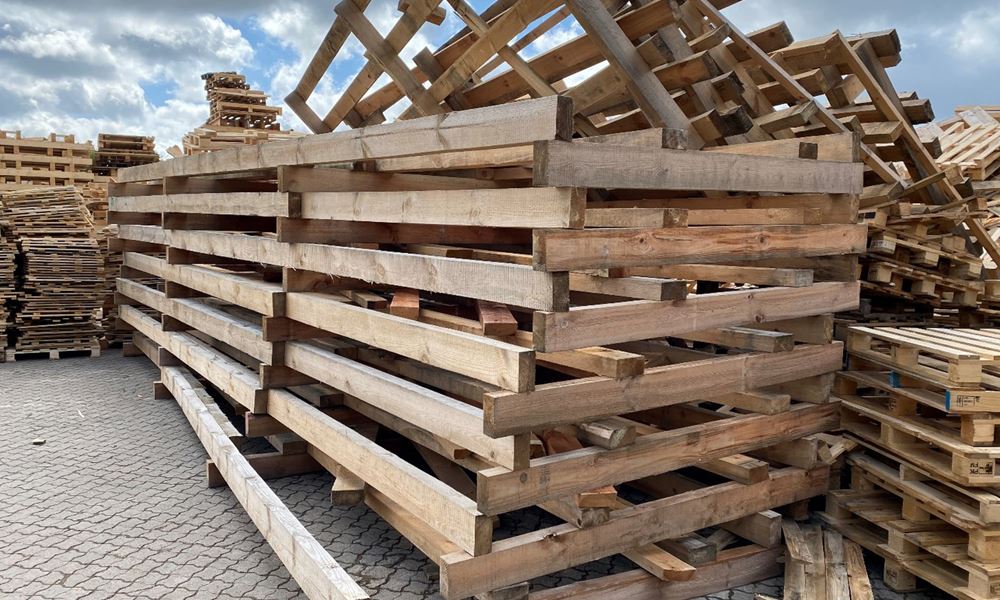
STEA is certified both by the Danish Environmental Protection Agency and EPAL assuring the commitment to reduce the carbon footprint of wooden pallets. The pallets STEA is manufacturing are put to their maximum use through repair and recycling and finally to utilize the remaining energy embedded in the wooden pallets. It all starts with STEA buying used wooden packaging materials from Siemens Gamesa's Denmark plants in Brande, Aalborg, Esbjerg.
The used materials are transported to the STEA factory premises where they are carefully sorted according to applicable laws and regulations. If the pallets can be re-used, they are treated and made into re-usable wooden pallets. These pallets are sold back to Siemens Gamesa and thus put back in the system.
"We use every opportunity to think of a better way of doing things," says Johnny Fiskbaek, Group President of STEA "In most cases, when the pallets can no longer be re-used, they end up in a waste burning unit, but not here at STEA. We chip the pallets and use them as biofuels to heat the entire village of Engesvang in a CO2 neutral way. Heating over 760 households, we have helped each family save around 270 EUR annually on heating bills."
"It's a win-win situation all through," explains Jeanette Rokkjaer, buyer at Siemens Gamesa. "We keep buying the pallets that STEA treats for us and in this manner have developed an efficient recycling system. For those pallets that are at the end of their life cycle, STEA uses them as scrap wood, chipping them for use in the heating facility."
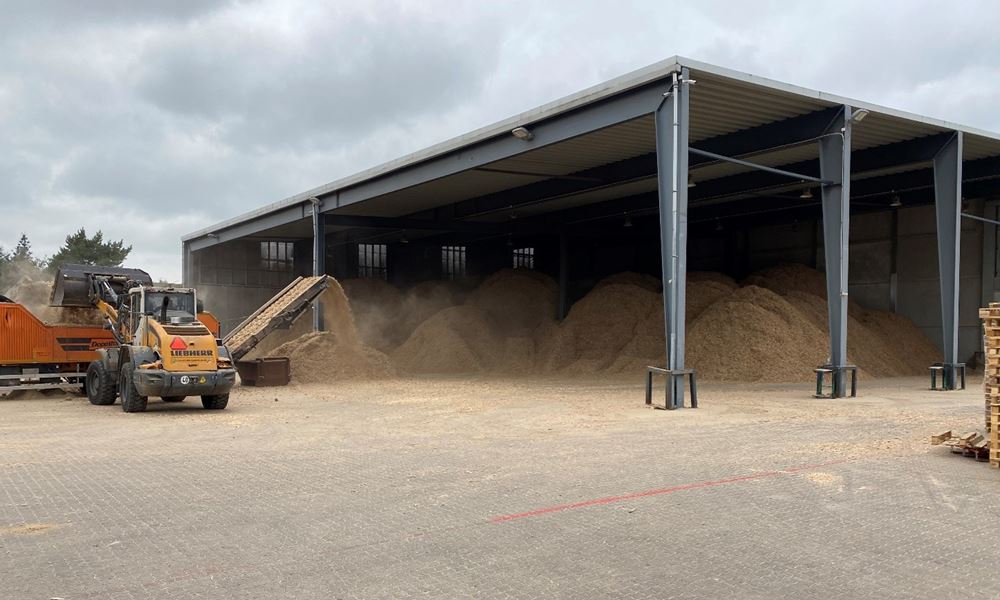
There is minimal wastage of space in the packaging and delivery of the pallets. STEA ensures the pallets are tightly packed in each consignment. This reduces the need for multiple delivery trips and therefore reduces carbon emissions. STEA was also the first Danish company to implement EURO6 trucks, which reduce NOx emissions and vehicle pollution.
STEA is a company that does not rest on its laurels - plans are already afoot to open a partly solar-power run warehouse in Taulov, Denmark. The project is further proof of the company's commitment to improving carbon emissions and acknowledges the innovative solutions STEA promises to deliver to its partners for years to come.


